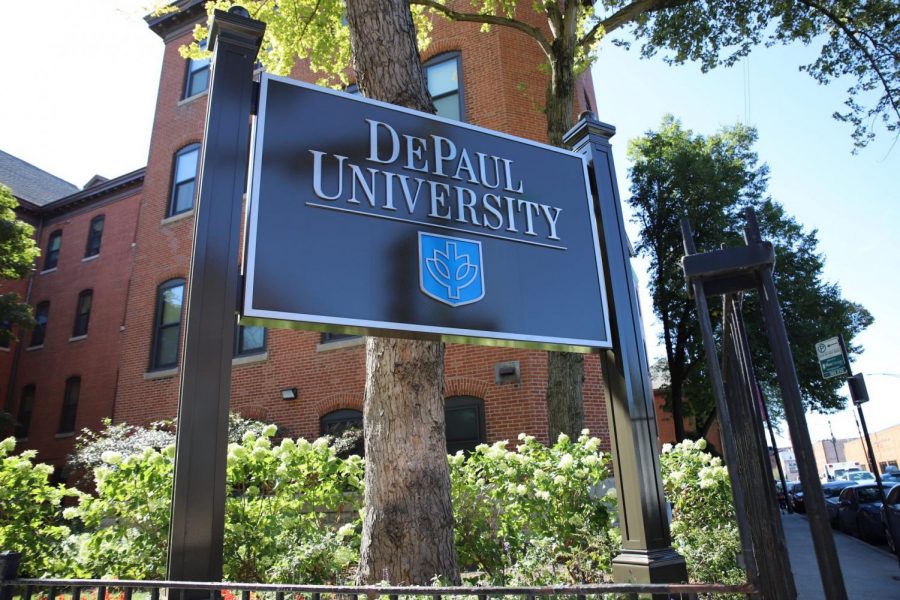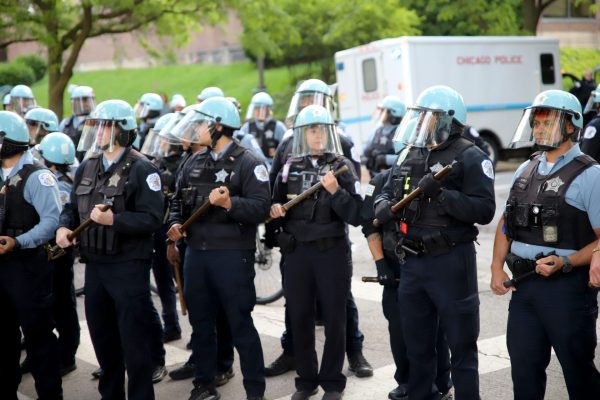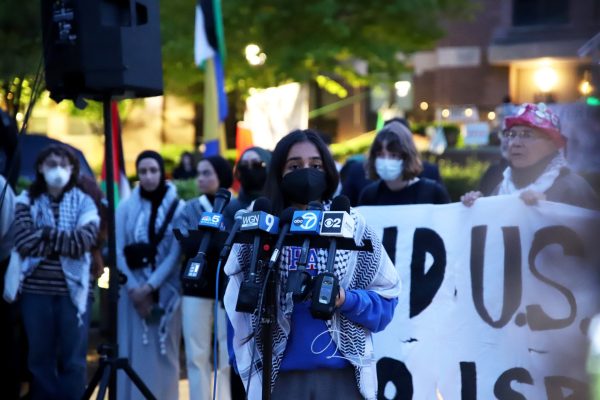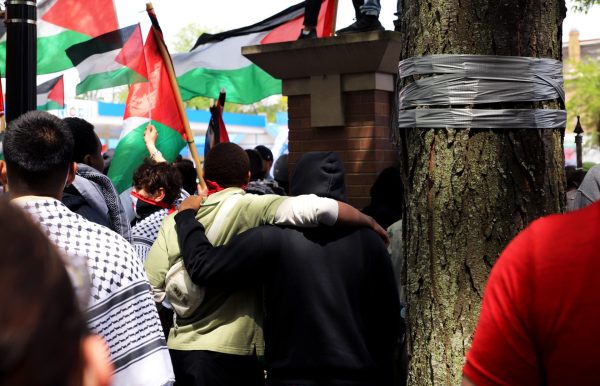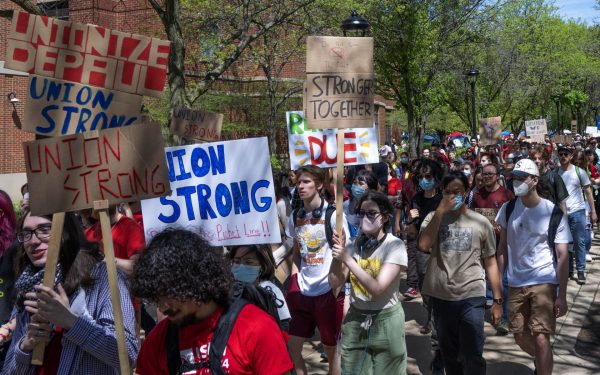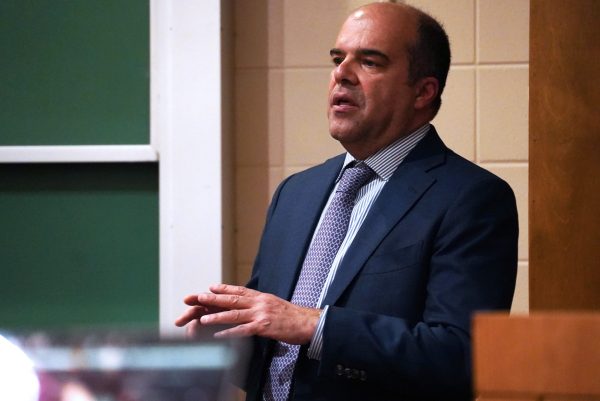DePaul professor writes to university president, calls for actionable anti-racism tactics
DePaul University Lincoln Park campus.
Faculty are pushing for DePaul President A. Gabriel Esteban to commit to actionable change against racism.
Professor Valerie Johnson, of DePaul’s political science department, sent a statement to Esteban Friday following the release of an open letter detailing issues faced by DePaul’s Black community. The letter, which was spearheaded by both the DePaul University Black Leadership Coalition (DPUBLC) and the Black Student Union (BSU), was sent to the president April 26.
Following the letter’s release, Esteban responded via a statement to DPUBLC, according to university representatives.
“I want to thank DePaul students, faculty and staff of African descent, DPUBLC, and BSU for engaging in this discussion, the thoughtful report summarizing key points, and the ideas about how to address the concerns expressed in the document,” the statement reads. “I share your concerns regarding Black student recruitment and retention, as well as the work required to improve the climate and success of faculty and staff of African descent. I agree that we can and must do better. I will discuss your concerns with my leadership team and the board leadership as part of our continuing strategic conversations on these topics.”

In her letter to the president, Johnson remarked that his response was “not enough” and requested that he and Gerald Beeson, chair of DePaul’s Board of Trustees, meet with the leadership of DPUBLC and BSU, as requested in the initial letter.
“It is high time to move beyond conversations with your leadership and to unequivocally and without further hesitation commit to real and substantive measures,” she wrote.
Johnson also commented on “superficial measures” taken by the university to address racism, like “exorbitantly priced speakers, visioning forums, book readings, and day long workshops,” stating that they ultimately distract from substantive measures against anti-racism and “divert invaluable resources” that could be used to address such concerns.
The letter also remarks that little positive change has occurred for DePaul’s Black community since Esteban’s appointment in 2017; Johnson writes that many of the concerns she expressed to the president in an open letter following his appointment have resurfaced in the letter sent this year.
“Black students are still the least enrolled and have the lowest graduation rates,” she wrote.“People of African descent are still underrepresented in administrative positions and among the faculty. DePaul is still a chilly racial climate for black students, staff, and faculty — the latter who often have little recourse than to sue the University or rely on external appeals.”
Johnson forwarded her letter to select student leaders and faculty, asking them to commit to resolving issues facing members of the university’s Black community, as well as writing a statement in support of her letter to Esteban. The letter has also been circulated by Sydney Dillard, an associate professor in the college of communication and the communications coordinator for DPUBLC, who sued the university earlier this year for racial discrimination.
When asked for comment, university representatives told The DePaulia they have “nothing more to add at this time.”


